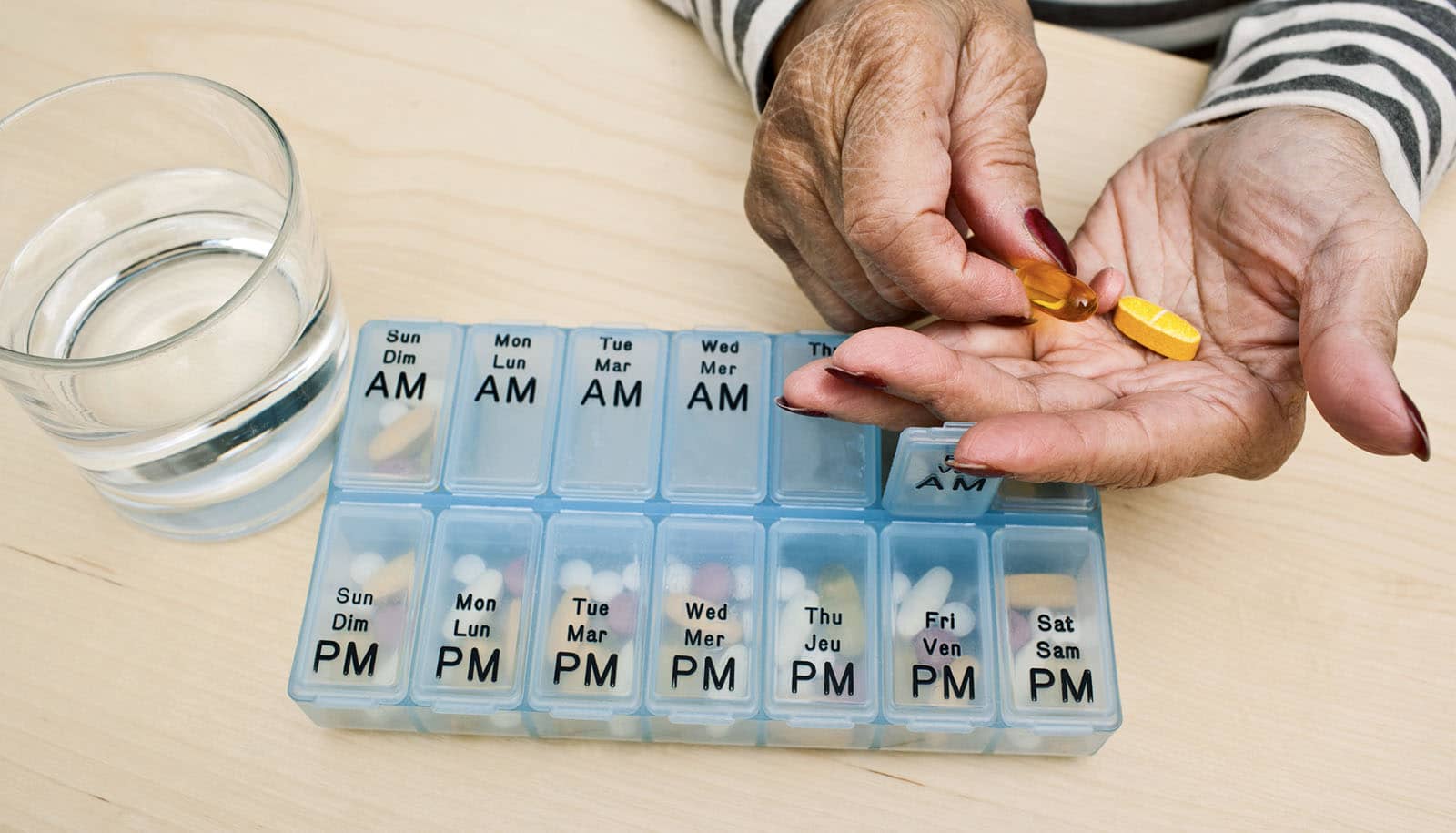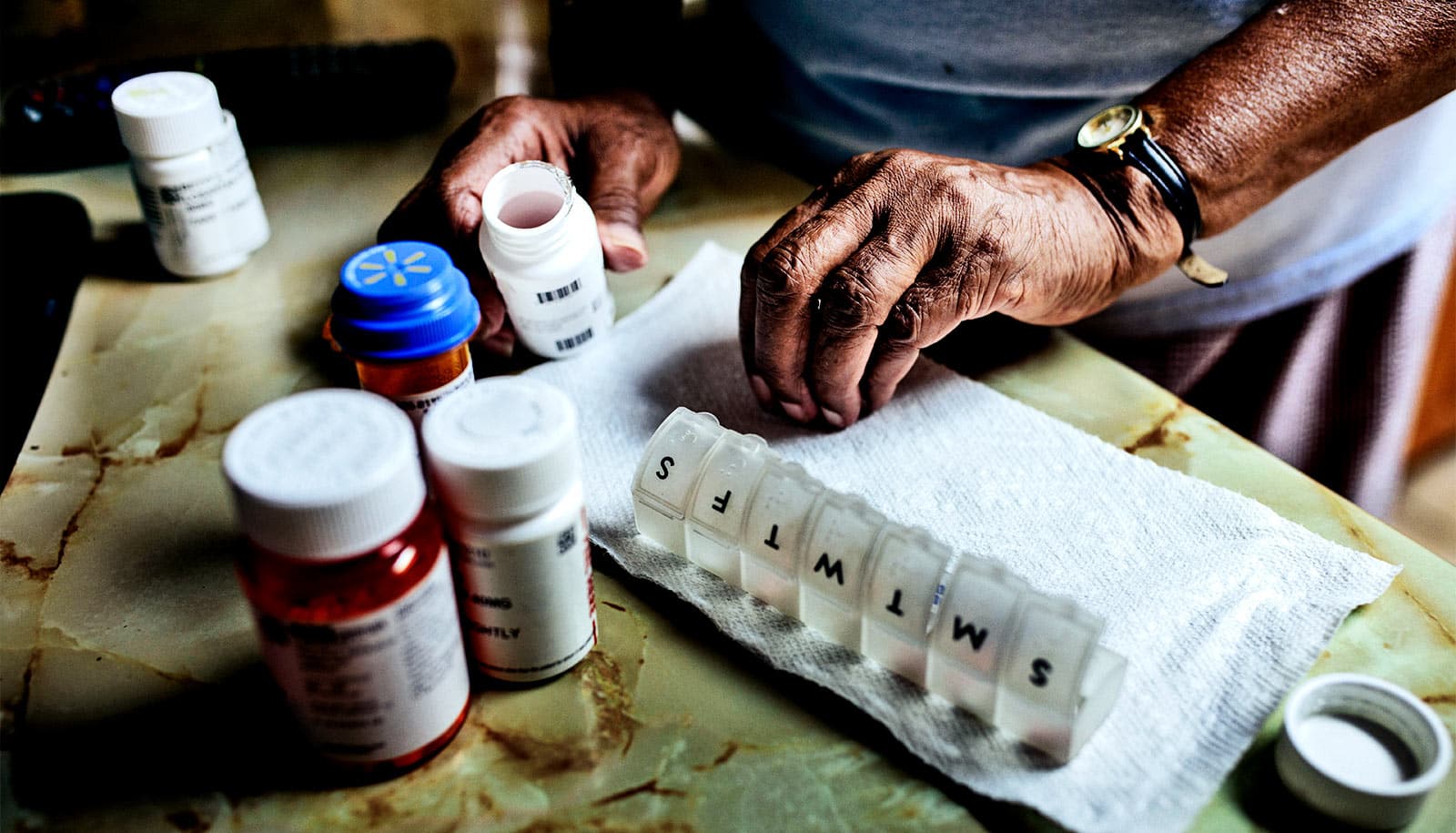When older adults with cancer take multiple medications it can result in more toxic chemotherapy side effects and may even lead to a need to stop cancer treatment, according to new research.
The medications can include ordinary drugs like blood pressure pills, supplements, or antacids.
The study, published in the journal Cancer, provides a cautionary note to both patients and physicians regarding “polypharmacy,” a buzzword describing the concurrent use of multiple medications. It’s extremely common, applying to nearly 92% of older adults with cancer.
A key finding: Older adults with cancer who have one or more major potential drug interactions also had 59% higher odds of having to stop cancer treatment earlier than recommended.
“It’s possible that polypharmacy affects both the experience and the effectiveness of chemotherapy,” says senior author Erika Ramsdale, an oncologist at the Wilmot Cancer Institute at the University of Rochester.
Last year, Ramsdale and colleagues published a descriptive study that laid out the scope of the polypharmacy problem and categorized medication issues in a nationwide sample of 718 adults with a mean age of 77 who had stage 3 or 4 cancer and other health conditions.
In that first study, researchers showed that the majority of the patients had at least one other serious health concern, often cardiovascular disease. Other details included:
- 70% were at risk of drug-drug interactions
- 67% were taking at least one drug that was potentially inappropriate
- 61% of the patients were taking five or more medications before starting chemotherapy
- Nearly 15% were taking 10 or more medications
Both studies suggest that physicians should carefully screen for medication usage and possible drug interactions upon a new patient’s cancer diagnosis.
Source: University of Rochester



